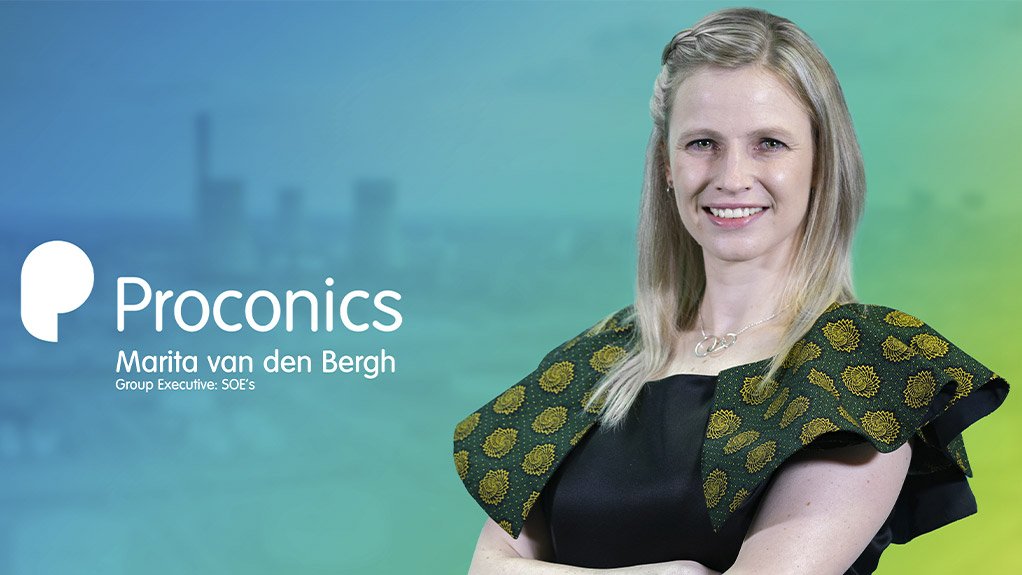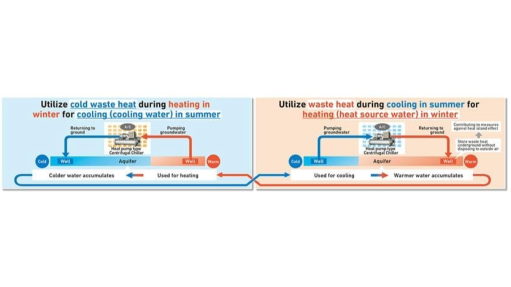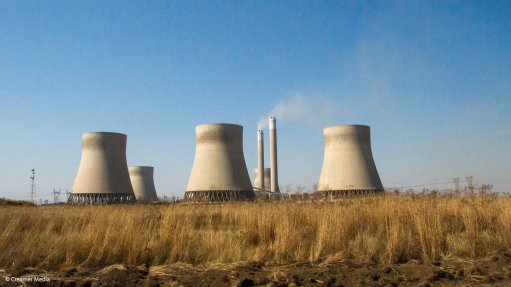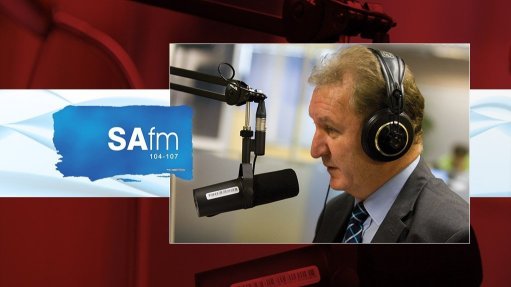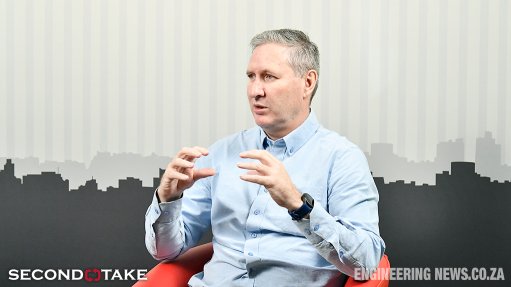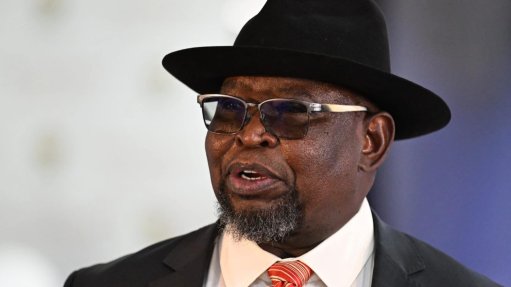Optimising project execution for critical infrastructure: The Eskom experience
As one of South Africa's leading State-owned enterprises, Eskom plays a crucial role in supplying electricity to millions of people and supporting the nation's economic growth.
Efficient project execution is of paramount importance for Eskom to ensure reliable and sustainable power generation and distribution. This article explores the strategies and considerations for executing projects in Eskom, highlighting the significance of collaboration, specialisation and risk mitigation in the context of the country's power sector.
For executing projects of high magnitude and criticality, Eskom uses several specialised companies. original equipment manufacturers (OEMs), operations and maintenance (O&M) companies, engineering, procurement, and construction (EPC) firms, and systems integrators (SI) each bring unique strengths to the table. Leveraging the expertise of these companies at different stages of a project allows Eskom to benefit from solutions tailored to specific requirements.
OEMs play a crucial role in providing Eskom with cutting-edge equipment and technology needed for power generation and distribution. By collaborating with OEMs, Eskom ensures the integration of advanced components that enhance efficiency, reliability and performance. OEMs' specialised knowledge ensures compliance with industry standards, while their commitment to innovation drives the adoption of sustainable and eco-friendly solutions.
As Eskom's projects are designed for long-term operation, the importance of O&M companies cannot be overlooked. These specialised entities offer a wealth of experience in maintenance, repair and optimisation of power infrastructure. By engaging O&M companies during the project planning and execution phases, Eskom can lay the foundation for efficient maintenance practices, leading to prolonged asset lifespan and cost-effectiveness over time.
EPC companies play a pivotal role in executing complex and large-scale projects for Eskom. With the ability to handle the entire project life cycle, EPCs act as a single point of contact, streamlining communication and coordination. Eskom benefits from EPCs' project management expertise, which ensures timely delivery within budget constraints. Moreover, EPCs' experience in handling diverse teams and integrating various components contributes to the seamless execution of projects.
Multinational OEMs encounter a distinctive set of challenges when executing projects in South Africa. First, effective engagement with local communities is vital, as South Africa places strong emphasis on community consultation, especially for large infrastructure developments. Understanding and addressing community needs and concerns, while incorporating their feedback into project plans, is crucial to avoid opposition, protests and delays in project approvals. Secondly, navigating the country's dynamic political landscape can be complex. Multinational OEMs must adapt to political changes, align projects with government policies, and comply with evolving regulatory frameworks. Flexibility and a keen understanding of the local political context are essential to ensure project success.
Another challenge lies in meeting South Africa's local upliftment requirements and promoting socio-economic development. Complying with local content regulations, sourcing materials and labour locally, and investing in skills development programmes for disadvantaged communities are expectations placed on the executing project house, be it OEM or EPC. Striking a balance between these requirements and maintaining project efficiency can be challenging. Additionally, establishing a robust local supply chain may require overcoming logistical and expertise limitations. Collaborating with local suppliers and building their capacity can bolster the supply chain, promote skills development, and enhance the overall project's positive impact on the region.
While collaboration with specialised companies is crucial for Eskom's projects, it is essential to mitigate potential risks associated with over-reliance on a single entity. Diversifying partnerships and dividing responsibilities based on expertise ensures that each aspect of a project is handled by the most qualified company. This balanced approach reduces the risk of compromising the efficiency and reliability of critical infrastructure.
As Eskom continues to fulfil its pivotal role in South Africa's power sector, optimising project execution becomes ever more critical. Embracing collaboration, specialisation and risk mitigation with OEMs, O&M companies, EPCs, and SIs will empower Eskom to achieve superior project outcomes. By harnessing the collective expertise of these entities, Eskom can maintain its commitment to delivering reliable and sustainable electricity for the nation's prosperity. In this way, Eskom will continue to be a driving force in South Africa's energy landscape for generations to come.
Van den Bergh studied Computer Engineering at the University of Pretoria, and graduated with distinction in 2010. She went on to become an industrious engineer by trade. Her passion for continuous learning led her to also complete her MBA at GIBS (UP) in 2019, focusing on tacit knowledge transfer in professional services firms.
Comments
Announcements
What's On
Subscribe to improve your user experience...
Option 1 (equivalent of R125 a month):
Receive a weekly copy of Creamer Media's Engineering News & Mining Weekly magazine
(print copy for those in South Africa and e-magazine for those outside of South Africa)
Receive daily email newsletters
Access to full search results
Access archive of magazine back copies
Access to Projects in Progress
Access to ONE Research Report of your choice in PDF format
Option 2 (equivalent of R375 a month):
All benefits from Option 1
PLUS
Access to Creamer Media's Research Channel Africa for ALL Research Reports, in PDF format, on various industrial and mining sectors
including Electricity; Water; Energy Transition; Hydrogen; Roads, Rail and Ports; Coal; Gold; Platinum; Battery Metals; etc.
Already a subscriber?
Forgotten your password?
Receive weekly copy of Creamer Media's Engineering News & Mining Weekly magazine (print copy for those in South Africa and e-magazine for those outside of South Africa)
➕
Recieve daily email newsletters
➕
Access to full search results
➕
Access archive of magazine back copies
➕
Access to Projects in Progress
➕
Access to ONE Research Report of your choice in PDF format
RESEARCH CHANNEL AFRICA
R4500 (equivalent of R375 a month)
SUBSCRIBEAll benefits from Option 1
➕
Access to Creamer Media's Research Channel Africa for ALL Research Reports on various industrial and mining sectors, in PDF format, including on:
Electricity
➕
Water
➕
Energy Transition
➕
Hydrogen
➕
Roads, Rail and Ports
➕
Coal
➕
Gold
➕
Platinum
➕
Battery Metals
➕
etc.
Receive all benefits from Option 1 or Option 2 delivered to numerous people at your company
➕
Multiple User names and Passwords for simultaneous log-ins
➕
Intranet integration access to all in your organisation



